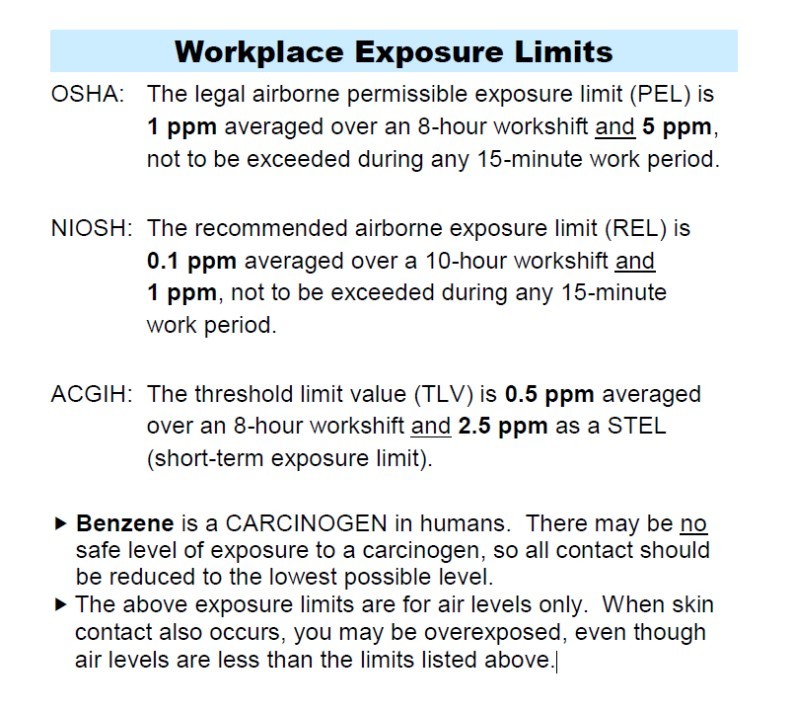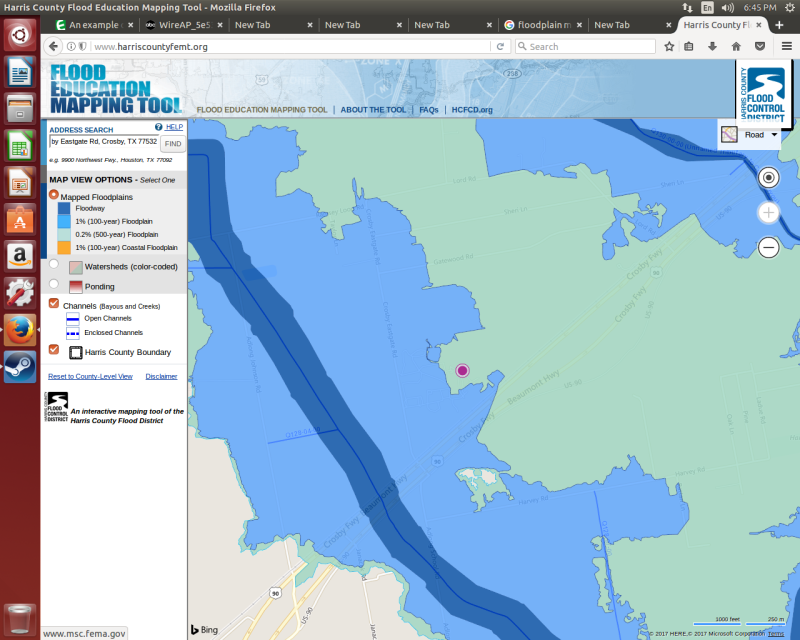bimr
Civil/Environmental
- Feb 25, 2003
- 9,367
Incomplete combustion will release benzene which is a hazardous air pollutant.


Follow along with the video below to see how to install our site as a web app on your home screen.
Note: This feature may not be available in some browsers.


The owner of the plant felt the same way.Compositepro said:Gasoline can contain up to 1.3% benzene, so let's not blow this out of proportion. The smoke from this fire is likely no more toxic than smelling gasoline. And we all know what that smells like on our hands. In the context of the hurricane it really is small potatoes. But you cannot sue a hurricane.
HamburgerHelper said:I am feeling this is all stupid. They are in a 500 year flood plain and right next to the 100 year. So, every year they were gambling a 0.2% chance that their plant would blow up? How can you talk about how much stuff you did and are doing when you basically when you basically were gambling every year knowing you were in a flood plain?
